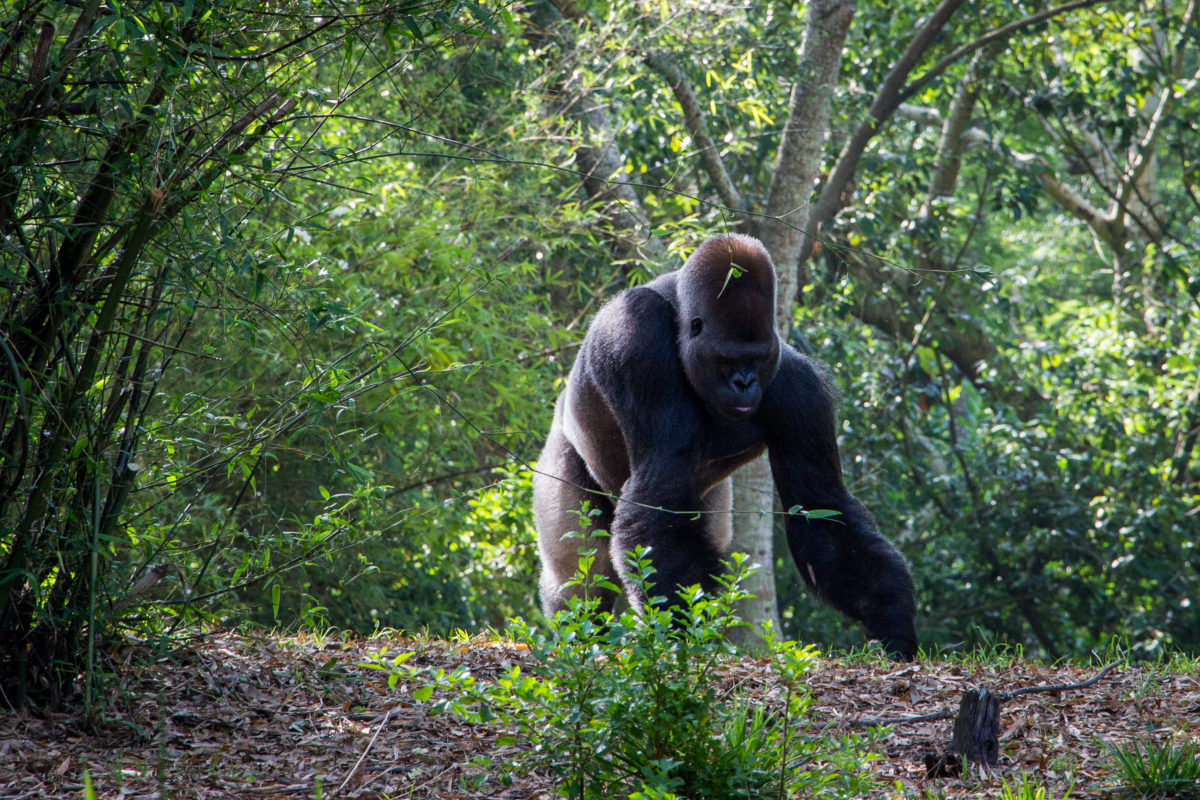Over the past five years, Mighty Earth has emerged as one of the most influential advocacy groups when it comes pushing companies to clean up their supply chains. The group, which had its origins as the Forest Heroes campaign before evolving into a standalone non-profit organization, has targeted companies that produce, trade, and source deforestation-risk commodities like beef, palm oil, cocoa, rubber, and soy.
Mighty Earth’s approach typically starts with research and analysis of how commodities move through supply chains. From there, the group creates colorful and hard-hitting campaigns that usually take aim at consumer-facing companies, like Kellogg or Burger King, or firms that sell to them, like American agribusiness giant Cargill or Indonesia’s Korindo. Mighty Earth will often collaborate with activist investors, like Green Century Capital Management, and leverage connections with media outlets to amplify the impact of its campaigns.
Mighty Earth is led by Glenn Hurowitz, an activist who has spent the better part of the past 20 years advocating for forests and forest-dependent communities. In that capacity, Hurowitz has played a central role in pressing some of the world’s largest companies to adopt zero deforestation, peatlands, and exploitation (ZDPE) commitments.

Arguably Hurowitz’s biggest “win” came in 2013, when he persuaded Kuok Khoon Hong, the CEO of Wilmar, the world’s largest palm oil trader, to meet with NGOs about its sourcing practices. Already under pressure from a range of campaigners, financiers, and other actors at the time, Wilmar eventually would go on to establish a ZDPE policy that ushered in a wave of commitments from other players in the sector.
“The successful negotiations with Wilmar were really just the culmination of a broader strategy and campaign that spanned the world,” Hurowitz told Mongabay. “Choosing Wilmar as the key target wasn’t the automatic decision it might seem now. Many people thought at the time that they were too big, too conservative, and too opaque to change.”
“But the most important factor was their size – they were the biggest, and therefore had the potential to unlock the transformation of the whole industry,” he continued. “Change Wilmar, you change the whole industry. As the biggest, they also had greater freedom to set the standard within the industry without worrying so much that their competitors would undermine them.”
Getting Wilmar to begin the shift away from business-as-usual practices involved what Hurowitz calls the “Perfect Storm” approach.
“We work to bring pressure on a target from multiple different angles in a relatively compressed time period to the point that it becomes irresistible: their customers, financiers, media, grassroots, digital, direct engagement with the company,” he explained. “It’s an application of the basic principles of classical military strategy, combined with social change theory and a lot of hard-won experience to the field of environmental campaigning. We apply principles like concentration of force, agility, and momentum to our campaigns, and our effort to change Wilmar and the whole of commodity agriculture industry really followed those principles.”

That being said, eight years on, there remains a gap between Wilmar’s ambitions — represented by its commitment — and the actual implementation of its policies: Like other companies that have adopted ZDPE commitments, Wilmar still has deforestation in its supply chain.
“[Wilmar] hasn’t always been a leader in every aspect of NDPE implementation,” said Hurowitz. “While they have helped lead the other companies to make enforcement of their palm oil policies much more rapid, they and others have not fulfilled repeated commitments to create a transparent industry-wide deforestation and human rights monitoring system. As a result, it still falls to our Rapid Response system and other NGO efforts to police Wilmar and its industry peers. With the industry’s vastly greater resources, that’s just not right.”
Hurowitz spoke about how to drive change, the evolution of environmental activism, and a range of other topics during an August 2021 conversation with Mongabay

